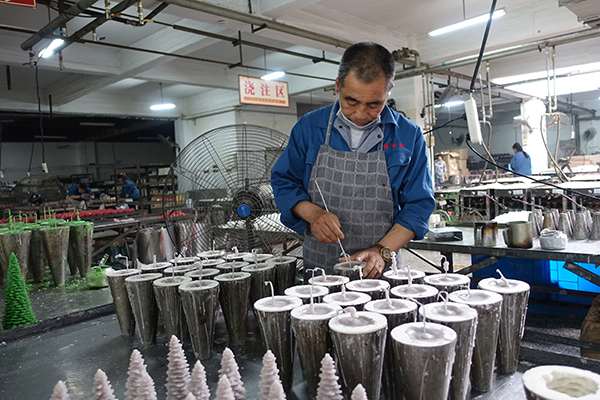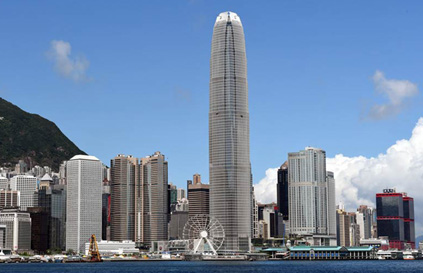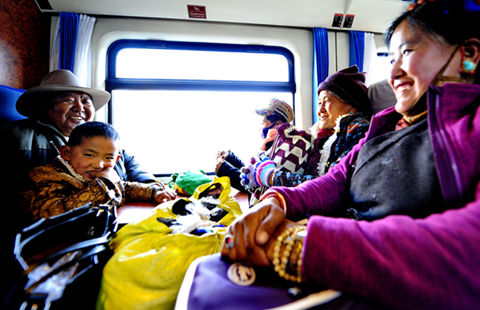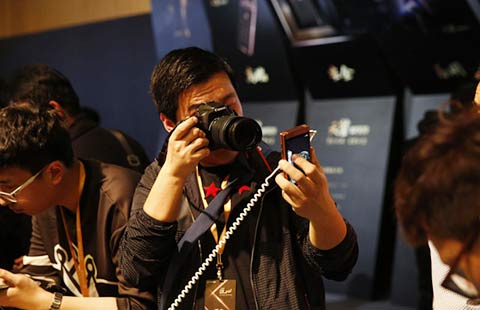Dalian Talent emerges as leading candle supplier
By Zhang Xiaomin (China Daily) Updated: 2016-07-11 07:51
 |
|
A man makes scented candles shaped in the form of pine trees at Dalian Talent Gift Co Ltd's exhibition hall in Dalian. [Photo provided to China Daily] |
Dalian Talent Giftis peddling its decorative candles across the globe even as it brightens the domestic market
At the exhibition hall of Dalian Talent Gift Co Ltd, visitors are treated to sights of scented candles in various forms like yellow lemons, chocolate pine nuts and reindeers carrying gifts.
Wang Lixin, chairman of Talent, said every year the firm makes billions of candles at its factories at Dalian in Northeast China's Liaoning province, Chiang Mai in northern Thailand, and Zabno in southern Poland-the world's only candle maker with a global footprint.
One of China's top three candle makers, Talent said the overseas market contributes 90 percent of its annual sales.
Now, it is establishing a global R&D center at Cannes in France, aiming to recruit top perfumers for the design, research and development of fragrant products like scented candles.
"France boasts the world's best manufacturing bases and human resources for perfumes. It is easier to find seasoned perfume makers to work with us," said Wang.
The R&D center is expected to better serve the company's mission to produce fragrant products and high-end candles to beautify homes and signify evolved lifestyles. Wang said Talent is committed to environmentally friendly and sustainable growth.
So, although Dalian is an important petrochemical base in China, and Talent is only 60 kilometers away from its paraffin supplier, the company decided to avoid dependence on fossil energy, and turned to vegetable oil.
Vegetable oils such as soybean oil and palm oil have superseded paraffin wax as the main raw material in Talent's candles. It buys only certified ISPO (Indonesia Sustainable Palm Oil) and rejects those that may cause illegal deforestation.
The renewable oil now accounts for more than 85 percent of its raw materials. "If making money is at the expense of environment, it is worthless," Wang said.
With its high-quality products and pro-green policy, Talent has established long-term and stable cooperation agreements with global retail giants such as Germany's Metro AG, Sweden's Ikea Group and America's Wal-Mart Stores Inc.
That is commendable for a company that was established as a craft workshop in 1997 at a village in Dalian. Ever since, overseas markets have been key to its success.
But the United States and the EU imposed anti-dumping sanctions on China's candle manufacturers in 2006 and 2009 respectively.
China's candle industry was hit seriously as sanctions continued for several years. More than 1,500 Chinese candle makers used to export to the EU before the sanctions. No less than 100 of them had annual export volume exceeding 1,000 tons. However, when the anti-dumping measures were lifted last September, their number had dwindled to only 10, said Wang.
Amid all this, Talent thrived. Wang believes sanctions helped Talent grow by leaps and bounds. For, it adopted a creative response to them.
"Thanks to the allocation of global resources, we not only avoided (the adverse impact of the sanctions) but upgraded our products," he said.
That's not all. It opened new plants in the ASEAN region and the EU, changing unfavorable factors into advantages.
First, the subsidiary in Chiang Mai was founded in 2007. As an ASEAN member, Thailand offers its handicraft industry convenient logistics. More importantly, it is immune from the trade barriers of European and American markets, said Wang.
Next, in the same year, Talent imported advanced automated assembly lines from Germany. The annual output soared to 25,000 tons and exports reached $60 million, ten times that of 2002.
Then, in 2009, in response to the EU's sanctions, Talent took over a candle factory in Poland, a major European candle manufacturing base.
It hired more than 200 local workers and made it one of the biggest manufacturing firms in Zabno. It is now expanding the facility.
It is not easy to set up a factory in another country due to challenges like different languages and cultural backgrounds. But buying out an existing firm worked well for Talent.
"We need not stick a label of our nationality. International vision and international attitude will help a lot to participate in local economic and social development and life," said Wang.
This year, sales volumes are expected to increase by 20 percent, said Wang. What's more, the European and American markets are stable.
According to the National Candle Association of the US, candles are used in seven out of 10 US households. Annual retail sales of candles in the US are estimated to be around $2 billion.
The domestic market is not exactly thriving. But it is growing with more Chinese people starting to use fragrant products like scented candles.
For instance, Shang Wanning, 29, has been using scented candles for several years now. When she comes home from work in the evening, she usually lights a candle and plays some light music.
"The room becomes more comfortable and cozy. It's really a good choice for relaxation and stress reduction," said Shang.
She usually buys candles from Ikea, online stores or from stores abroad.
"There's no difference. Wherever I come across beautiful candles, I bring them home," she said.
Wang of Talent said attempts to satisfy the olfactory sense are innate to human physiological needs. When people are satisfied with vision and taste, the demand for fragrance arises, he said.
- How local spirits animate Disney
- Chinese know-how boosts Zimbabwe's farms
- Chinese homebuyers set sights on Brisbane
- Funding student housing in United Kingdom
- JPMorgan's Ulrich says she is well positioned to link East and West
- Where 'trend scouts' keep abreast of China's rise
- 'Home' comfort, key for Chinese students abroad
- Selling pressure looms as economic data may reveal weakness


















